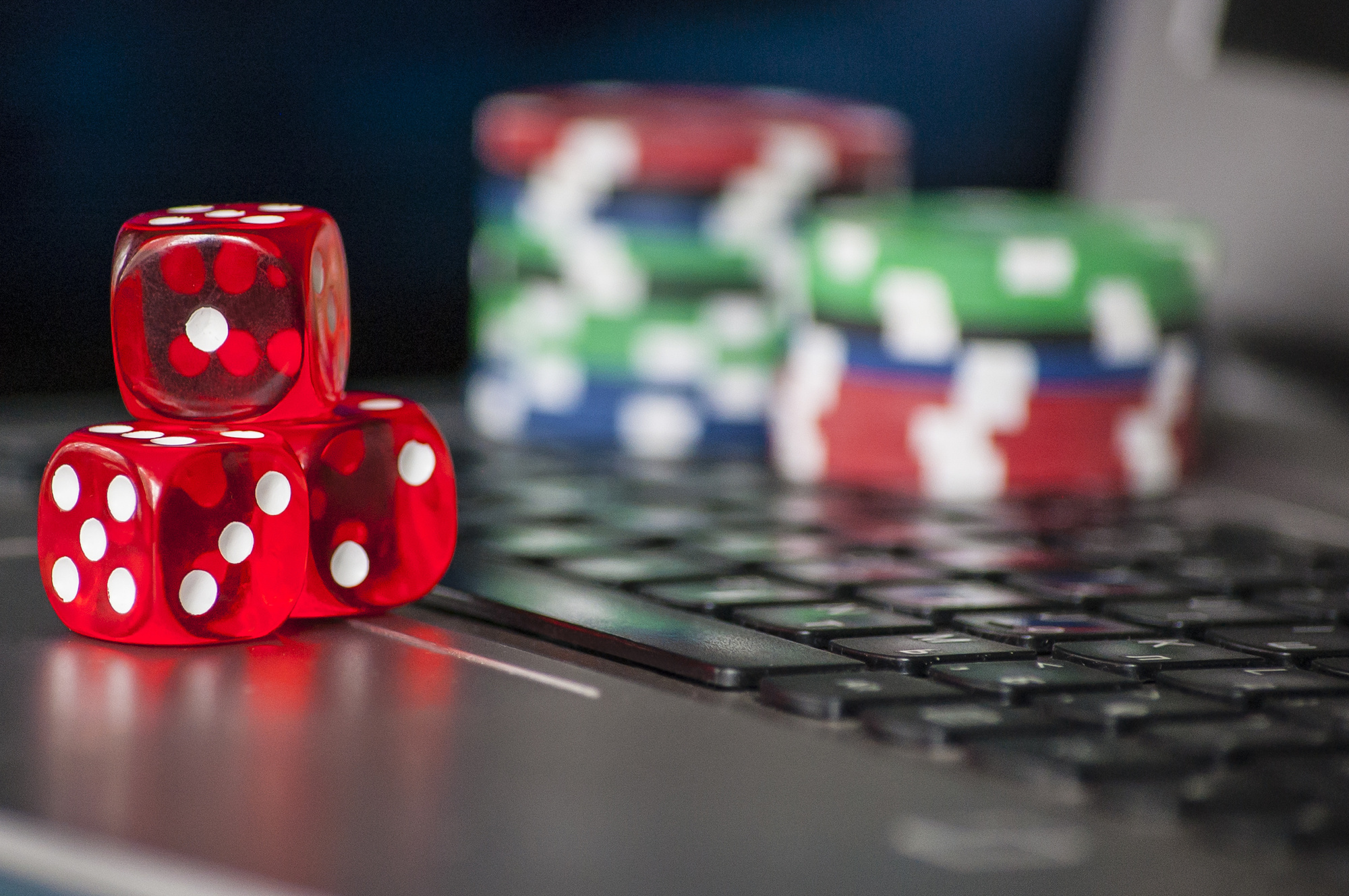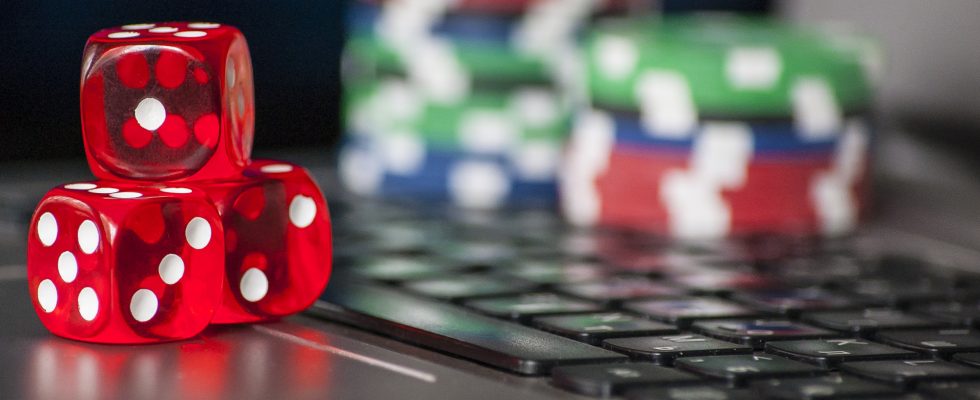Poker is a game that can take years of practice before you become even remotely decent at it. The more time you spend playing, the better you’ll get, but the odds are stacked against you. You have to start with almost nothing in terms of chips and experience, and then you’ve got to win over other players who know exactly what they’re doing. What’s more, if you lose too much money, you might not be able to afford to play for months or years after.
The good news is that anyone can learn how to play poker well enough to make decent money. It just takes patience and persistence. Even if you don’t know anything about the game, there are still plenty of ways you can improve your skills quickly and efficiently. If you want to be able to play like a pro, here are some tips on how to do just that.
Get Some Poker Lessons
You may think poker lessons sound crazy, but they don’t have to be expensive. Most casinos offer free lessons to newbies as part of their regular promotions. For example, MGM Resorts offers players who spend $100 in gaming chips an hour-long lesson for free. Of course, if you want a professional to teach you, expect to pay upwards of $200 per hour.
But, you could also try taking a few online classes. For instance, Full Tilt Poker has a number of excellent courses available through its site. There are basic lessons designed for beginners, followed by intermediate ones for more advanced players. You can even take one of their “how to” videos, which show you step-by-step how to deal a hand, bluff, call an all-in bet, etc.
It doesn’t matter whether you choose to learn online or in person; either way, it will help you improve your skills significantly faster than just practicing alone.

Learn Other Card Games
When you first start out learning to play poker, you should focus on learning the basics. That means learning to recognize cards, counting hands, reading others’ tells (such as when someone laughs), and so forth. Once you’ve mastered those things, you can move on to learning how to analyze your opponents, and how to exploit any holes in their strategy.
One of the best ways to do this is to learn another competitive card game. This forces you to focus on figuring out the best strategies for every possible situation instead of just focusing on the most obvious ones. You’ll also learn a lot about psychology and human behavior while you’re at it.
For example, if you’re looking to learn blackjack, check out Casino City. This site covers everything you need to know about the game, including how to count cards, betting systems, table etiquette, dealer tricks, and more. Plus, it features video tutorials that can help you understand how to play the game properly.
Play Against AI
If you’re serious about improving your poker skills fast, you should be spending a significant portion of your practice sessions playing against computerized versions of yourself. These programs simulate real-life situations much better than paper games since they use actual statistics and data to determine the probability of each outcome.
The downside is that these simulations aren’t perfect replicas of reality. They tend to get things wrong sometimes, especially when it comes to the psychology of the other players. However, if you want to really learn how to read people, you should definitely play against them.
In my opinion, the best program to use for this purpose is the PokerTracker software. Not only does it let you track your bankroll and keep tabs on your performance, but it features an extensive library of AI opponents that you can use whenever you feel like a test run.
Practice Different Types of Situations
Once you’ve learned the basics of poker, it’s time to move on to more advanced stuff. One great thing about the online world is that you can easily access tons of different types of hands to work on. Here are a few examples of the kinds of situations you can practice with:
Studs vs. Folds —
This one requires a bit of math, but it teaches you a lot about psychology and how other people think. When you fold a hand because you think it’s worthless, you’re actually giving away information about your own ability. By contrast, when you raise a weak hand, you’re showing that you believe it has value.
Bluffs —
Bluffing is a tricky business, and the best way to learn how to do it is to actually try it out. You can create your own bluffs using the AI opponents on PokerTracker. Just set up an opponent who has no idea what you’re going for, and see what happens.
Folding vs. Calling —
Another important skill that you should master to improve your game is knowing when to fold and when to call. In fact, I’d argue that calling often isn’t necessarily a bad decision. But, if you find yourself constantly folding when you have strong hands, it’s probably a sign that you’re making the wrong calls.
Study Others
While watching others play poker is helpful, you can also study how they play. Pay attention to their body language, how they position themselves, and how they react to the other players. All of these things will give you insight into how your opponents are thinking, and how you should adjust your game accordingly.
Finally, take note of the mistakes they make. This will help you avoid making similar mistakes in the future. For instance, if you notice that they put too many chips in front of them, you can start doing the same thing. Or if you notice that they don’t seem to care about the quality of their bets, you can start making sure you always bet big with premium hands.
These are just a few of the things that you can do to improve your game, but there are dozens of other tips that you can apply right away. The key is to keep trying different tactics until you figure out what works best for you.

Start Small
If you’ve never played poker before, you’ll probably want to start off small. Start out with smaller stakes and learn how to manage your bankroll. Then gradually increase the amount of money you’re risking as you gain confidence.
In the beginner, a person must have the focus on learning the earning the various strategies to play the game rather than the winning amount. For this the person should plan to invest a small amount from the new e-wallet slot. This will provide them a opportunity to save the money to some extent.
Of course, if you already have some money saved up, you shouldn’t worry about that issue. Instead, focus your efforts on learning how to control your emotions and how to keep your head cool under pressure. Once you’ve achieved that level of control, you should begin moving up in stakes.
Keep Playing
After you’ve practiced for a while, you should consider getting a job at a casino. The hours spent working there will force you to practice your poker skills nearly 24/7. And, if you’re winning regularly, you’ll likely end up earning lots of money.
Don’t stop playing, even once your bankroll reaches a certain point. The more you play, the better you’ll become. And, the more experience you gain along the way, the more confident you’ll be in your abilities. So, stick to it!
Poker is a tough game to play well, but it’s fun to play nonetheless. Don’t forget to enjoy yourself, and don’t become obsessed with winning every single hand. If you’re patient and persistent, you’ll eventually reach the point where you’re able to compete with top pros at the highest levels of competition.

